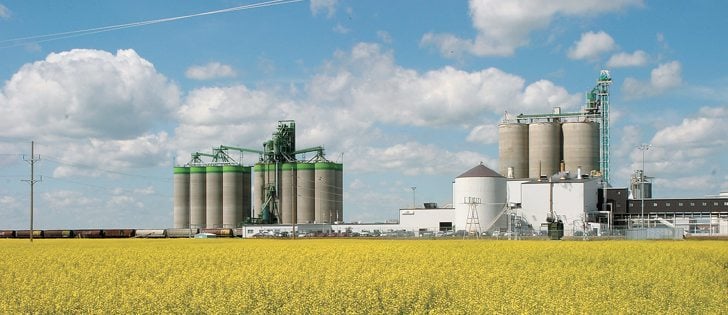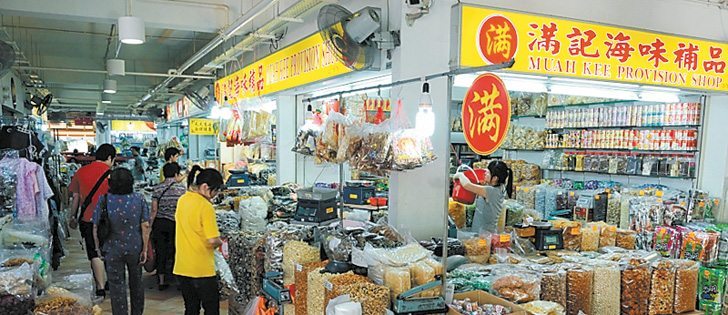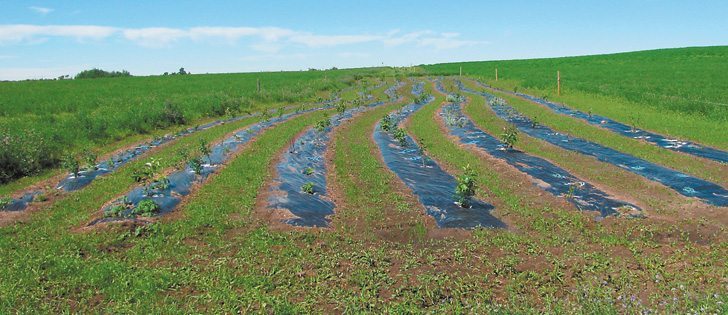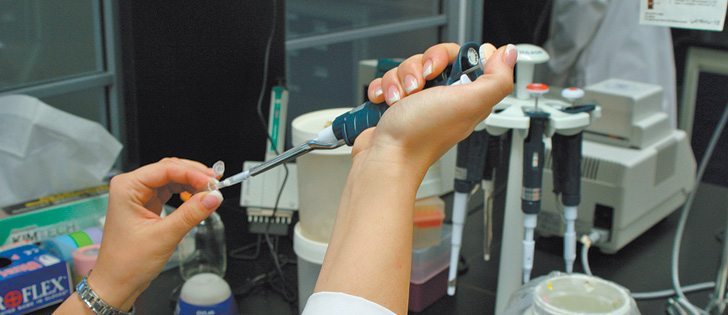Financing inputs | Investments to help Black Sea agriculture reach potential
China is helping Ukraine’s agriculture sector achieve its vast potential by investing heavily in the country.
According to a news brief that ran in the China Daily newspaper, China has agreed to finance $3 billion of agricultural projects in the country. The story did not specify a timeline for the investment.
To put that number in perspective, the Canadian government is projected to spend $2.6 billion on agriculture programs in Canada in 2012-13.
China’s investment in Ukraine will include providing Chinese-made pesticide, seeds and equipment as well as building pesticide and fertilizer plants in Ukraine in exchange for securing access to the country’s agricultural production.
Read Also

Europe holds promise for Canadian lentils
Pulse Canada is trying to help boost lentil consumption in Europe, which is already the fourth largest market.
“The news of that initiative does not surprise me,” said Dennis Stephens, consultant with the Canada Grains Council.
It is part of China’s longstanding food security policy, which was initially focused on improving the productivity of its own farms.
“Increasingly of late, China has extended that concept to include facilitating the development of guaranteed supplies offshore,” Stephens said.
China has been active in Africa and South America and now appears to be venturing into the Black Sea region. A story in the Kyiv Post says China is also investing in neighbouring Belarus and Russia.
Allen Hingston, an international agriculture consultant who has lived in Ukraine for the last five years after spending 20 years working for Saskatchewan Agriculture, said the Chinese investment could help Ukrainian grain farms reach their enormous potential.
“It will certainly have an impact, absolutely an impact,” he said.
The article in the Kyiv Post details how Ukrainian grain farming has struggled in the post-Soviet era. Crop yields have dipped below the Soviet period while yields in Russia and Kazakhstan are higher.
That is a disappointment for a country blessed with 25 percent of the world’s best black soil.
“It has got better soil than anywhere else in the universe,” said Hingston.
“The word potential is overused, but I mean that’s what you see when you look around. There’s still land here that isn’t even farmed since the collapse of the Soviet system.”
The Kyiv Post story says market experts believe Ukraine could double or even triple its 40 to 60 million tonnes of annual grain production if it eliminated burdensome government regulation and adopted modern crop input technology. That would have a big impact on world wheat, corn and soybean markets.
The article quotes World Bank experts who say red tape surrounding the registration of new seeds and crop protection products means the market is flooded with low quality knock-off inputs.
A lack of access to capital is also hindering Ukrainian farmers, who aren’t allowed to use farmland or future crops as collateral with banks. As a result, only eight percent of growers are investing in new technology and only 14 percent in on-farm storage.
Hingston believes that is the root cause of the country’s agricultural shortcomings.
“They have no security so they can’t go to the bank to borrow,” he said.
Land can be owned but not sold. It can only be rented. There are plenty of small plots of land in the hands of farmers who used to be part of collective farms. So today’s large operations could have thousands of landlords and entire divisions devoted to dealing with renters.















